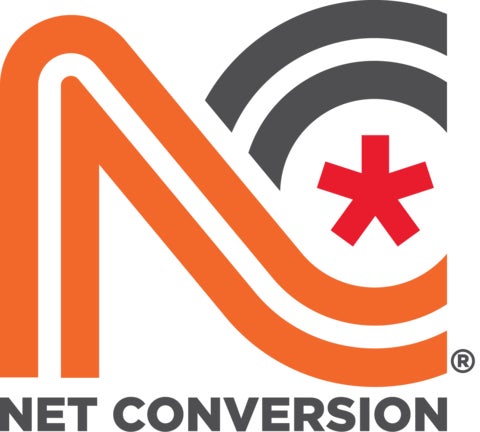Conventional wisdom often suggests performance agencies should stick to what they know best: client service and execution, using existing marketing tools. It’s a compelling argument that promises simplicity, focus and lower CapEx.
But this thinking ignores a fundamental reality facing today’s agencies: The market isn’t just oversaturated with options; it’s increasingly commoditized.
Every agency has access to the same DSPs, the same optimization algorithms and the same measurement tools, which means that true competitive advantage becomes nearly impossible to achieve.
For agencies willing to invest strategically in technology, building proprietary capabilities isn’t a distraction from their core business; it’s an evolution that can help them deliver better outcomes for clients.
And yet the choice between building and buying technology can’t be solely ideological; it must be strategic. Building tech requires significant investment, expertise and unwavering commitment. It also requires intensive work to integrate this new tech into every aspect of your business.
Certainly, there are moments when outsourcing may seem the easier path. But agencies that dismiss in-house development entirely are limiting their potential for differentiation.
The question isn’t whether agencies should universally build or buy technology; it’s whether they have the vision, resources and execution capability to create competitive advantages that compound over time rather than relying on tools that every competitor can access.
To that end, here are five questions to ask yourself – and your agency – before deciding to commit to in-house tech:
1. Do you have the technical leadership and commitment to see it through?
Building technology isn’t just about hiring developers; it requires executive commitment, technical vision and the patience to iterate through inevitable setbacks. Half-measures lead only to expensive failures.
2. Can you identify a specific performance gap that existing solutions can’t address?
The strongest case for building new platforms comes when you can point to measurable limitations in current tools that directly impact client outcomes. Differentiation for its own sake is wasteful vanity.
3. What’s the true cost of the status quo?
Beyond platform fees, also consider margin compression, client churn stemming from commoditization and missed revenue opportunities. Sometimes, building becomes the more economical choice over time.
4. Do you have the scale to justify the investment?
Tech development costs are largely fixed, so you’ll need sufficient client volume and revenue to amortize development expenses while still delivering competitive pricing. Build only when the math works in your favor.
5. How will you maintain a competitive advantage once you’ve built it?
Building technology is only the beginning. You must continuously innovate and improve faster than established players, or your competitive moat will erode. Sustainable advantage requires permanent commitment to evolution.
Creating new platforms isn’t for every agency. For many, outsourcing existing solutions and technology can certainly be effective. But for those willing to make the strategic commitment, in-house tech development backed by clear business objectives and disciplined execution offers a path to better client outcomes and real market leadership. And those advantages compound over time rather than commoditize.
“Data-Driven Thinking” is written by members of the media community and contains fresh ideas on the digital revolution in media.
Follow Net Conversion and AdExchanger on LinkedIn.














